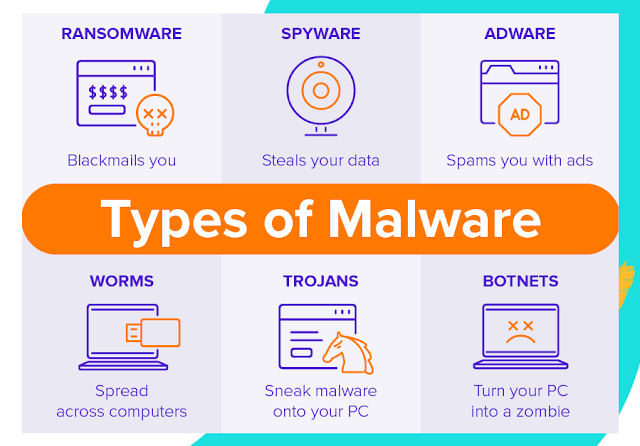Most Frequent Problems With Antivirus Software
Antivirus software is the layman’s solution to cybersecurity. Performing as the first line of defense, Antivirus software works to avert, detect, and eliminate malware from the computer. However, Antivirus software is not a cure for all problems. Actually, the IMB Knowledge Center published a piece on the limitations of Antivirus defence. In the article, they quote file size, scan time, and hive depth as a few of the curbs.
Sadly, the fidelity is that there is no flawless software that will 100% protect the computer from all threats. However, this article is not to deprecate Antivirus software. In contrast, it is to simply assist people to make an informed decision by understanding the common problems that all software is sensitive to.
Ultimately, there are other common problems with Antivirus software that perpetuate to cause worry among the cyber community and, sadly, perpetuate to imperil the security of people who buy into the advertising publicity.
PROBLEMS WITH ANTIVIRUS SOFTWARE
Renewal Costs
Many famous Antivirus software companies will eventually renew billing on a yearly basis. In fact, in 2009, both McAfee and Symantec were the subject of a legal action in which they conceded to pay $375,000 each for charging people’s credit cards without their approval. Even if most household name companies have paid a price for this, many mid-tier, relatively vague Antivirus Software suppliers may still exercise auto-billing.
False Antivirus Software
There has been a disturbing swing of fake Antivirus software that is literally malware incognito as software. This decoy is a potent way to deceive people into downloading detrimental malware onto their computers, leaving them open to susceptibilities.
Programs that use this practice are known as Rogue Security Software. There have been many instances of Rogue Security Software, including MS Antivirus, MS Antivirus, Antivirus Gold, MacSweeper, and ContraVirus. The elimination of these programs is difficult and often requires the assistance of professionals.
False Positives
False positives are when your Antivirus software incorrectly tags normal, non-malicious software as dangerous. A false positive may not seem like a big deal. However, if the program marks a definite file as harmful, the computer can go out of order. Many programs will easily cut out or deactivate programs and files they see as harmful, which can crash important programs, or even paralyze entire operating systems.
One known example of this was when Microsoft Security Essentials tagged Google Chrome as malicious. As a result, the software removed Chrome from a multitude of computers. Google had to eventually run a patched update of their chrome browser for users to download. Around 3,000 users were impacted.
Irrelevancy
The software can become outdated very quickly. With Antivirus software, it is very easy for many programs to fall into a trap of reacting to new viruses rather than preventing them. As many programs are not potent against new tenses of malware, spyware, etc. Hackers design many of their malware strains particularly to evade popular programs. Moreover, hackers test their malware on all major programs in advance. Therefore, people are often slow to update anything on their computers, leaving many people susceptible to a long list of viruses and the like.
Update Interference
Antivirus Software can often hinder updates, either by averting them or harboring them unexecuted. Therefore, people often have to impair their software while updating their system, firmware, or programs. One instance is Steam, a video game distribution program, asserting on their website that some malware tools may impede Steam, and urging users to make educated exceptions to allow Steam to run normally.
If you are facing any sort of problem with antivirus software either mentioned above or others, to get them fixed you can contact us at Antivirus Tech Support Number. Our team comprises experts who have deep knowledge and experience in various aspects of antivirus software.
Source by https://www.247techigs.com/blogs/most-frequent-problems-with-antivirus-software




Comments
Post a Comment